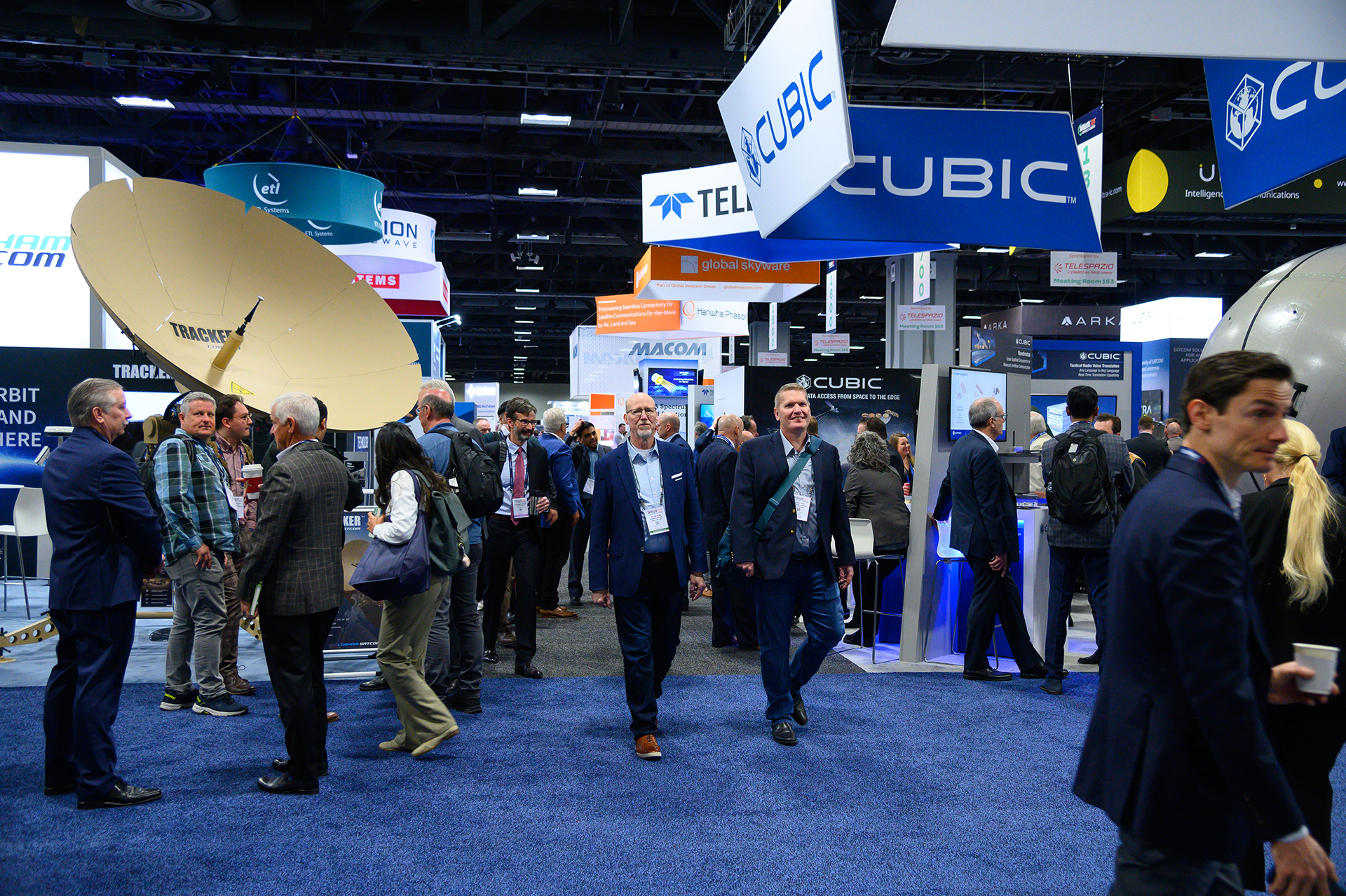The European launch market has seen a recent boom, thanks to increasingly accessible resources. To unpack this phenomenon, we spoke to Jörn Spurmann on Episode 11 of The Satellite & NewSpace Matters Podcast. Jörn is the CCO and co-founder of Rocket Factory Augsburg (RFA), a NewSpace launcher business that provides flexible and low-cost access to space through their launch system RFA ONE. He shared his perspectives as one of the leading experts in the European launch market.
What are your thoughts on the commercialization of the European launcher market?
I think we could do far more things in space if we spent budgets more efficiently. If we look at the US Navy a couple of years ago, when they couldn’t fly anything into space anymore, they realised they couldn’t continue developing these things themselves, so they started commercial competitions to buy services. That’s something we should do in Europe. If the European Space Agency defined what they needed in terms of service, they could invite tenders and see what happens. If no one replies, they can do it themselves, but what if we could make collaboration happen?
We’re at a great point in the space transportation industry in Europe. There are a number of companies that are well financed and could produce commercial alternatives to the current industry monopolies. These companies have the competence to launch systems and infrastructures, even if it’s only on a small scale. That is what the government institutions will leverage to destroy the monopolies that we currently have on the launch market in Europe. This will create commercial competition around launch system developments.
There’s a lot of speculation about how investments in Europe are going to change. Government bodies might be able to get away with spending less money and getting the rest privately funded.. That gives them a larger budget to spend on useful things, right? They should invest in whichever service will deliver connectivity or observation to the public, and use those models to understand climate change and how to influence it for the better. These are the things they should be working on, along with scientific exploration of the solar system or human spaceflight. Having commercial competition in the launch market will significantly advance those efforts.

Why do you think it has taken the commercial world so long to think that the launcher market is one that they should be active in?
It comes from those monopolies. Every continent has their own institutional agencies or monopolies that are fed money by the system, so there’s typically very little incentive to compete at a cheaper rate. When there’s no competition, companies can make it as expensive as possible to maximise their own revenues. That’s the wrong motivation. Satellites becoming smaller inspired small launch systems, which are easier to develop. That’s why the private finance industry actually put money into our sector, because it’s a shrinking product and a growing market that’s easy to disrupt.
Why do you think we’ve got a huge number of companies looking to break into the launcher market at the same time?
Launches have become simpler. The biggest difference lies in going from a plan on PowerPoint to building hardware and having successful traction on test milestones. Players in the industry are being differentiated by their ability to design a launch system, get it to the testing stage, and get stuff up in the air. A lot of university students are exploring rocketry, specifically with paraffin, which is inherently safe. That’s great because students can do practical lessons, and we benefit a lot from the ideas they have. 3D printing also makes manufacturing much simpler. This combination of technologies and education systems makes it possible to do small launch systems with only a few people, which is changing how the industry is perceived.
What do you think is the most important development to make sure that we have a successful launcher market here in Europe?
It’s not so much a technical development but more of a change in governance that we need. We also need to keep up with our own competition. In Germany, there is a competitor 100 kilometres away from us. I’m totally convinced that it motivates us to outperform them everyday, because we can feel how close we are. Competition is the secret ingredient to having great products and a great business. We need to create all classes of launch systems in Europe if we want to catch up with the US, because they are more advanced in the vehicle agenda. If we want to get in on this boom in the space industry, we have to focus on competing with each other in Europe as well.
To hear more about the state of the launch market in Europe, tune into The Satellite & NewSpace Matters Podcast here.
We sit down regularly with some of the biggest names in our industry, we dedicate our podcast to the stories of leaders in the technologies industries that bring us closer together. Follow the link here to see some of our latest episodes and don’t forget to subscribe.


